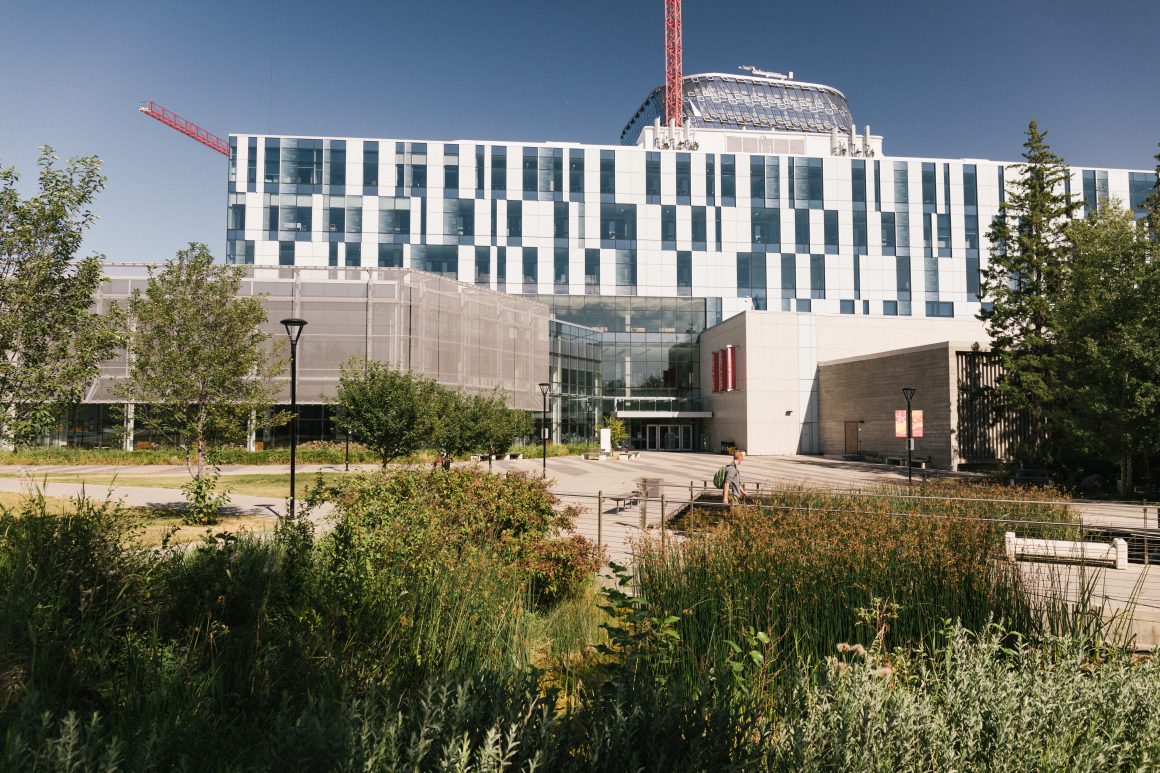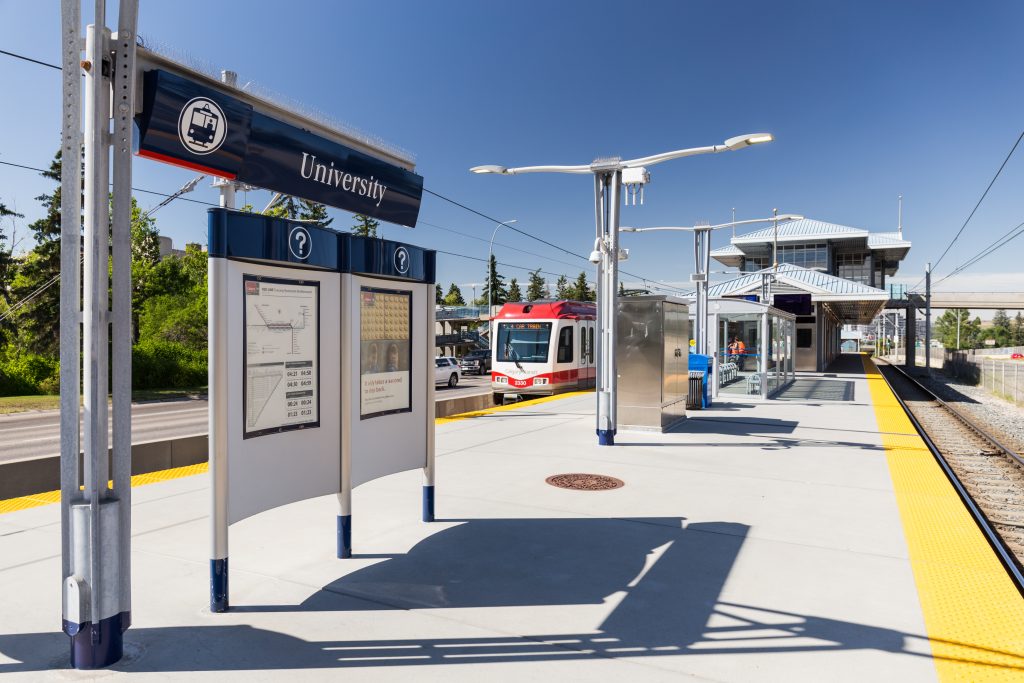
Sixty per cent of respondents concerned with access to reliable study spaces, says SU survey
By Kristy Koehler, September 3 2020—
The University of Calgary Students’ Union (SU) released the results of their summer advocacy survey at a Students’ Legislative Council (SLC) meeting on Aug. 26. The Gauntlet followed up with vice-president external Marley Gillies to further explore the results.
The survey was open during July and August and was intended to assist the SU in providing targeted student support and tailor the organization’s advocacy efforts to the items and areas of focus that students showed most concern about.
Overall, the survey received 1,189 responses.
“This was much larger than we were expecting,” said Gillies. “A summer survey often gets around 500 responses, so we’re really happy that students are sharing their voices — they obviously have something to say.”
The survey saw 31 per cent of respondents expressing a desire to work either full- or part-time during the spring and summer but being unable to find employment.
“It’s obviously a huge concern because we know that students rely on these months to afford their education and lives during the fall and winter semesters when their course load doesn’t allow them to work, or at least not work as much,” said Gillies.
Of the respondents, 46 per cent were enrolled in spring and summer courses, a number Gillies believes is so large precisely because students couldn’t find employment.

Much of the SU’s summer advocacy has been around transportation and the cancellation of the UPASS. The survey confirmed that this advocacy was appropriately directed. Over 50 per cent of respondents said they made at least five round trips on public transit in a typical week.
“This tells us that there’s heavy use of transit and the book of 10 tickets that we saw from Calgary Transit and the University of Calgary at 40 per cent off is a great start for students to be able to get back on transit again,” said Gillies. “However, if many are making at least five round trips, that’s one book of 10 tickets a week and those costs can ramp up quite quickly. This told us to continue our advocacy efforts for a monthly pass which would be a more affordable alternative.”
As far as tuition and fees were concerned, 39 per cent of respondents reported being concerned about being able to afford their education for the 2020-21 academic year, a number Gillies believes is also directly tied to an inability to find work in the spring and summer. Two in three students reported that government grants and loans would not be enough to cover their expenses and that the costs compared to available supports were insufficient.
Students are also concerned about what their education will look like, according to the survey. When presented with the statement “I believe that my anticipated tuition costs for the Fall 2020 term reflect the quality of education I expect to receive,” 79 per cent of students either disagreed or strongly disagreed.
“We are pushing the university and the government to provide support for students, for professors and for teaching staff so that we can help ensure the quality of education is not diminished this year,” said Gillies. “We had the summer to develop better online tools and we really hope that they’ve taken this time to do that so that students can go into the fall semester having a better experience than they did in the winter when they had a drastic switch to online learning.”
While the number of students concerned about access to technology seems small — 16 per cent — Gillies said that it’s still 16 per cent too many.
“We’re taking it upon ourselves to speak up for those who are at risk and need help accessing their education. This can be solved by a government grant or better supports from the university.”

She mentioned things like regular access to computers, specific software needs, webcams and reliable internet connections were all things that might present an issue for students who already experience challenges in affording their education.
What surprised Gillies the most was that nearly 60 per cent of survey respondents either do not have, or are unsure if they will have, access to a quiet, distraction free space off campus to participate in lectures, study, take exams or do research.
“If we’re looking at the quality of education and students being able to access education, not having this space is a real concern,” said Gillies. “We’re looking to the university to continue to provide these spaces with adequate cleaning and social distancing so that students can still rely on not only going to campus for resources but going to campus to have a reliable study space.”
Gillies says the results of the survey have been taken to the Ministry of Advanced Education and that advocacy efforts are ongoing. Having real students express how issues impact them personally is extremely important in being able to present a case for better supports.
“We are very grateful for the number of students who did complete the survey,” she said. “It’s always great to double check that we are on the right rack in terms of advocacy and the work that we’re doing.”
